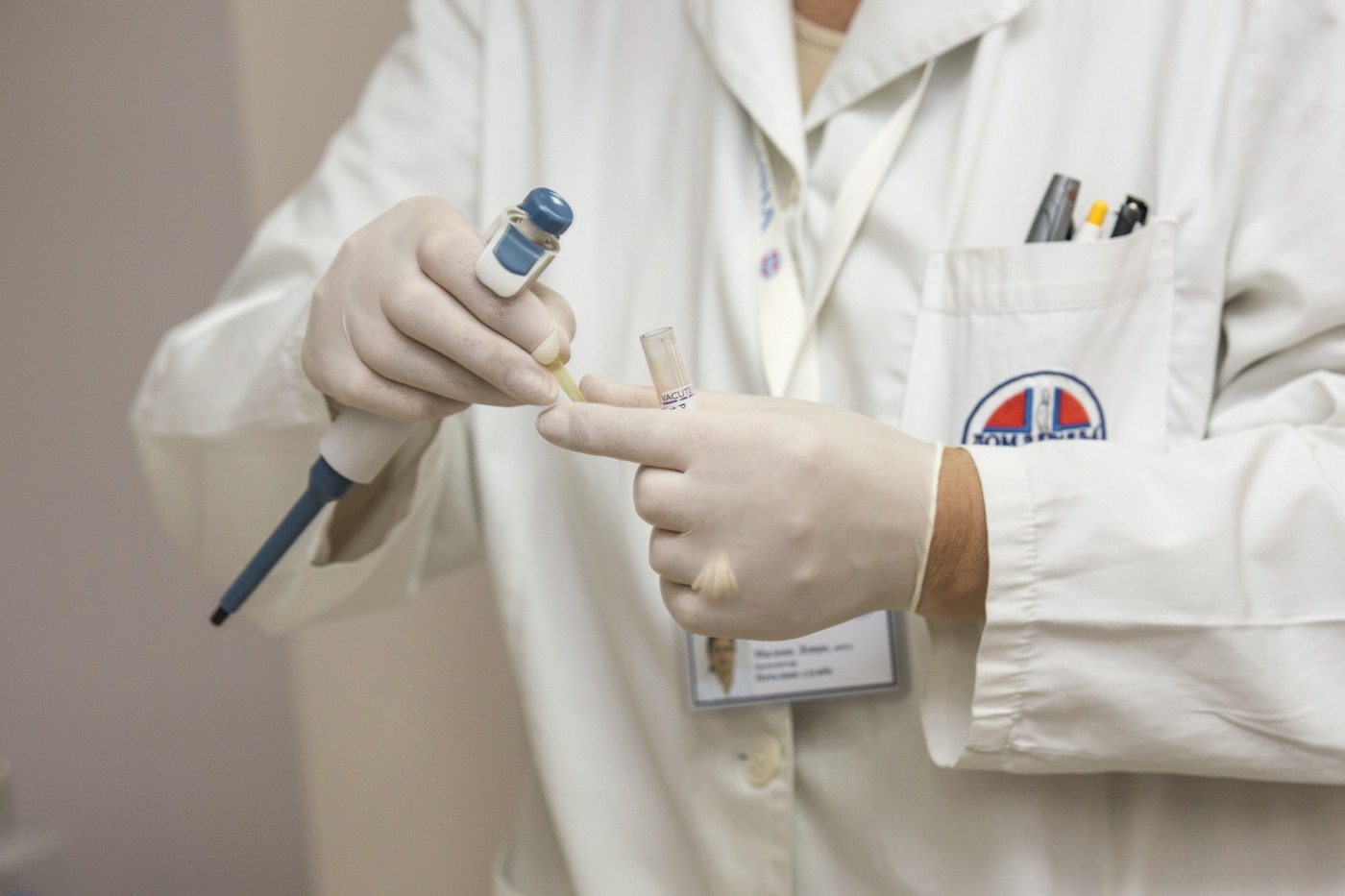Most new medicines are no better than existing treatments
New is often assumed to mean better. New cars, new phones, and presumably new medicine should all improve upon the iterations that came before. However, in the case of medicine, that belief might not be so accurate. Analysis of over 200 drugs in Germany released since 2011 showed that only 25% were significantly beneficial to patients over pre-existing alternatives.
Does this recent study highlight a need for regulation over the effectiveness of medicine or does more variety benefit consumers by giving them more choice over their treatment?
Analysis of over 200 drugs in Germany released since 2011 showed that only 25% were significantly beneficial to patients over pre-existing alternatives
In Germany, the IQWiG (Institute for Quality and Efficiency in Health Care) have been investigating 216 drugs that entered the market between 2011 and 2017. The group did this by assessing the evidence gathered by the Federal Joint Committee (G-BA) and compared the drug’s effectiveness to ‘standard care’. Standard care is a practice with proven, and relevant, medical benefit to a patient. In some cases, this might not be a treatment but instead “watchful waiting” or “supportive care”.
Of the drugs tested, only 54 (25%) were deemed to have “considerable” or “major” “added benefit” over standard treatment. For 35 (16%) the benefit was “minor” or “non-quantifiable” and for the majority of the drugs, 125 (58%), there was “no proof of added benefit”.
In Germany, the IQWiG (Institute for Quality and Efficiency in Health Care) have been investigating 216 drugs that entered the market between 2011 and 2017. The group did this by assessing the evidence gathered by the Federal Joint Committee (G-BA) and compared the drug’s effectiveness to ‘standard care’
In all but two cases (1%) there was no evidence newer drugs were worse than what was already available on the market. In a theoretical best case for patients, this means new drugs could be competitively priced against existing medicines, providing the same quality of care for less. However, this is rarely the case as companies want to earn back a return on their investment quickly. Furthermore, it is not known if all the drugs in the “no proof” group are as effective as standard care or not.
This is because this group combines two smaller subgroups. 19 of the 125 drugs were tested against an appropriate comparison and were found to be no more or less effective than standard care. The other 106 drugs were either not tested against standard care at all or the comparison was inappropriate, such as not providing the correct quantity or frequency of medicine. For the 106, there is literally “no proof”.
In all but two cases (1%) there was no evidence newer drugs were worse than what was already available on the market
Arguments are made that this lack of knowledge is the price to pay for quick access to new medicine. Collecting data takes time. By cutting out this step patients can get their hands on new drugs more quickly and, as a result, benefit from its availability more quickly. The issue is we do not know if patients are benefiting. Post-approval studies could be conducted, but in most cases, they do not happen. Even when Germany specifically requested six be conducted between 2011 and 2017, none were performed. A global unwillingness to sanction non-compliant drug companies means they have no incentive to comply with requests.
This strongly suggests the system is broken. As a minimum, efficacy information must be provided to patients if they are expected to make appropriately informed decisions. We need to know the benefits of one choice over another. Current gaps in information do not allow for this to happen.
A global unwillingness to sanction non-compliant drug companies means they have no incentive to comply with requests
When confusion arises around which proper medical action to take or if patients feel tricked by doctors, phoney treatments and unproven homoeopathic ‘alternatives’ can seem like simpler and just as valid options. In a worst-case scenario, patients could completely turn their back on medical science and put their lives in the hands of snake oil salesmen.
A lack of confusion would not only benefit patients but the healthcare system at large too. More information would help hospitals ensure they provide a consistent, high standard of care at a manageable cost.
In a worst-case scenario, patients could completely turn their back on medical science and put their lives in the hands of snake oil salesmen
Our current systems need reform. One suggested approach is to offer incentives for drug companies to produce necessary or markedly better treatments. The World Health Organisation is already trying such a method, highlighting specific pathogens then reviewing the development of treatments by its partners. A different option is to use an open-source model, allowing complete, shared access to information relating to entire therapeutic areas.
Whatever the solution, the only correct outcome is one that benefits the needs of the patients, an outcome which current systems will not achieve.

Comments